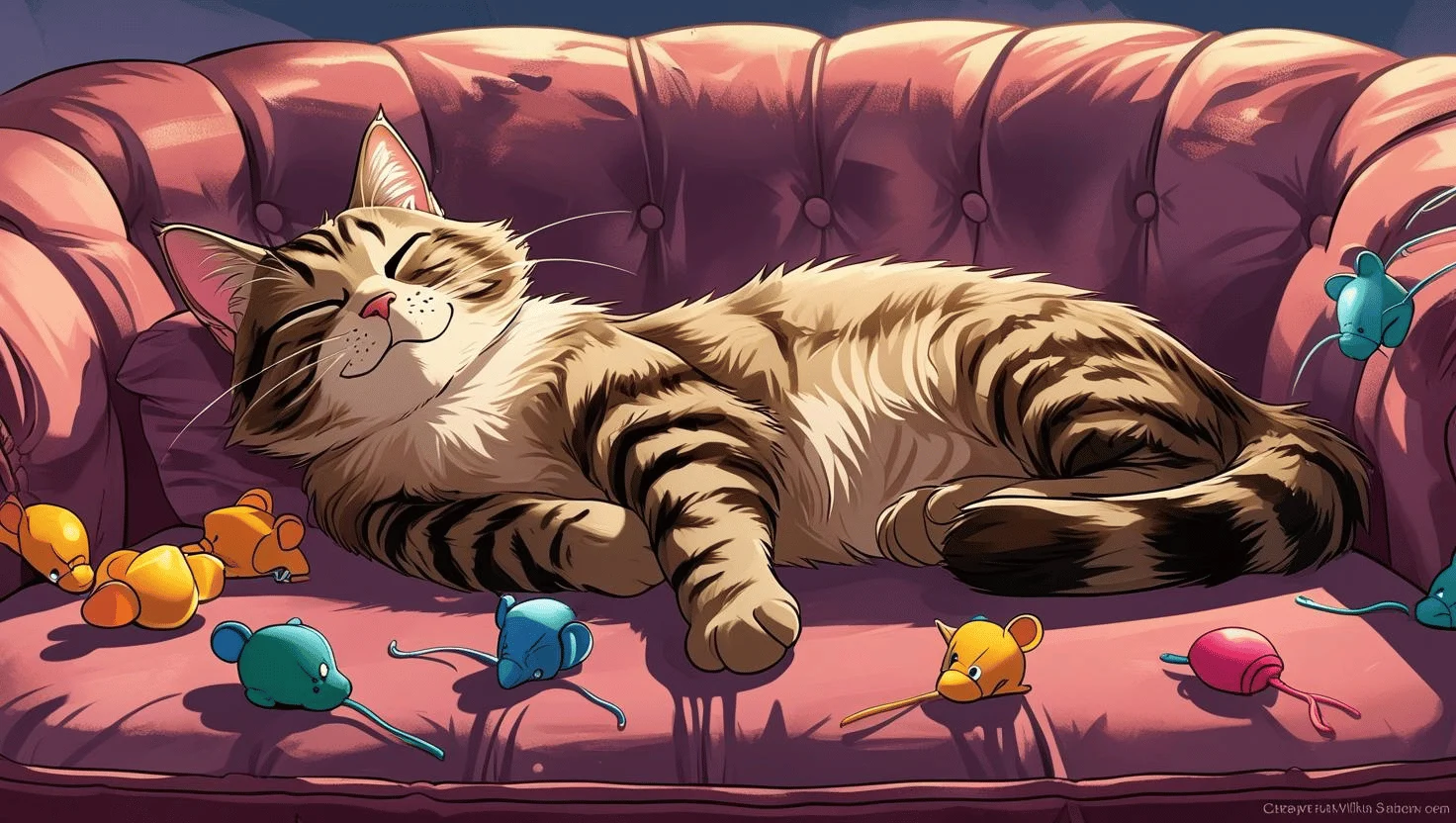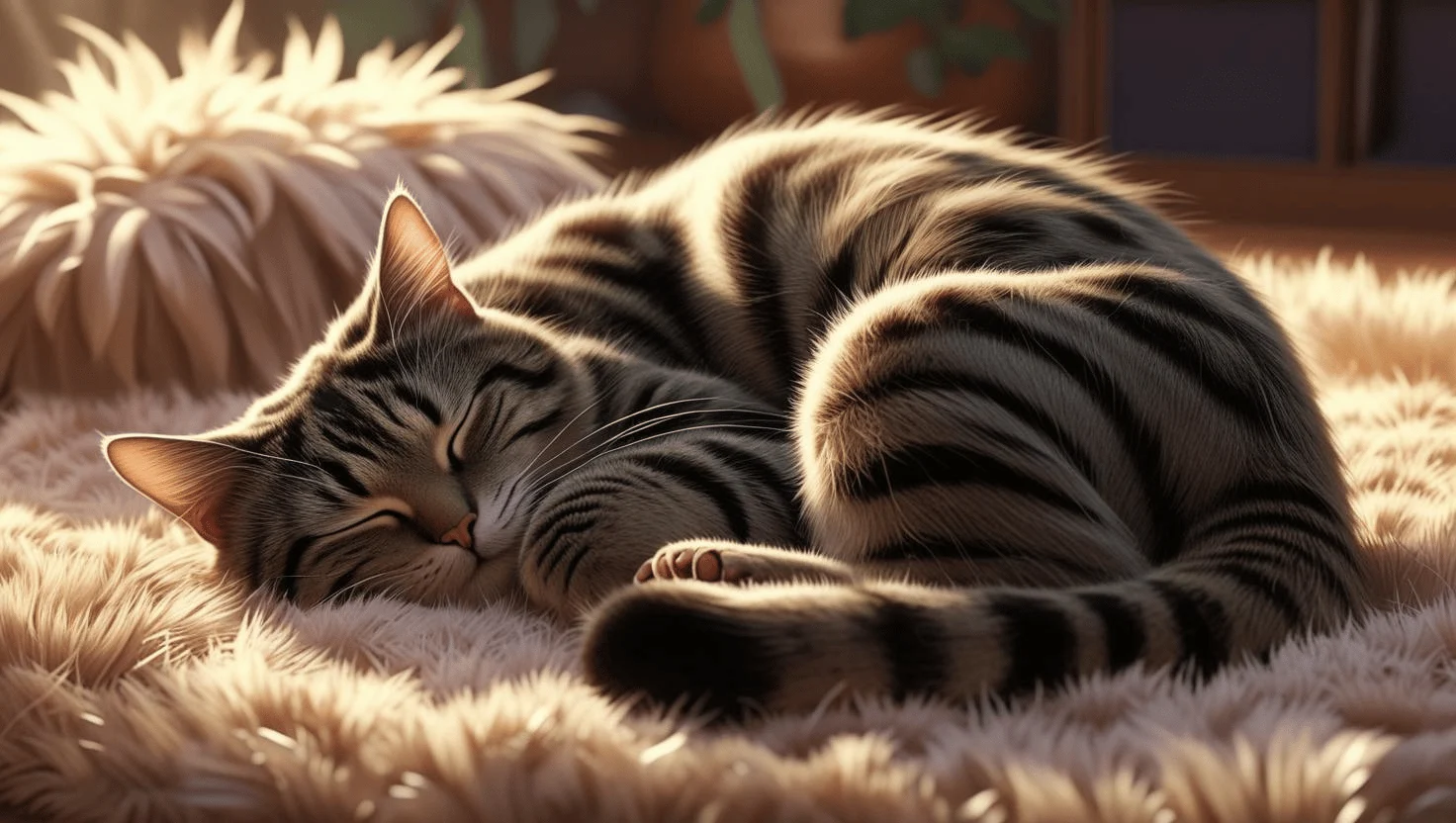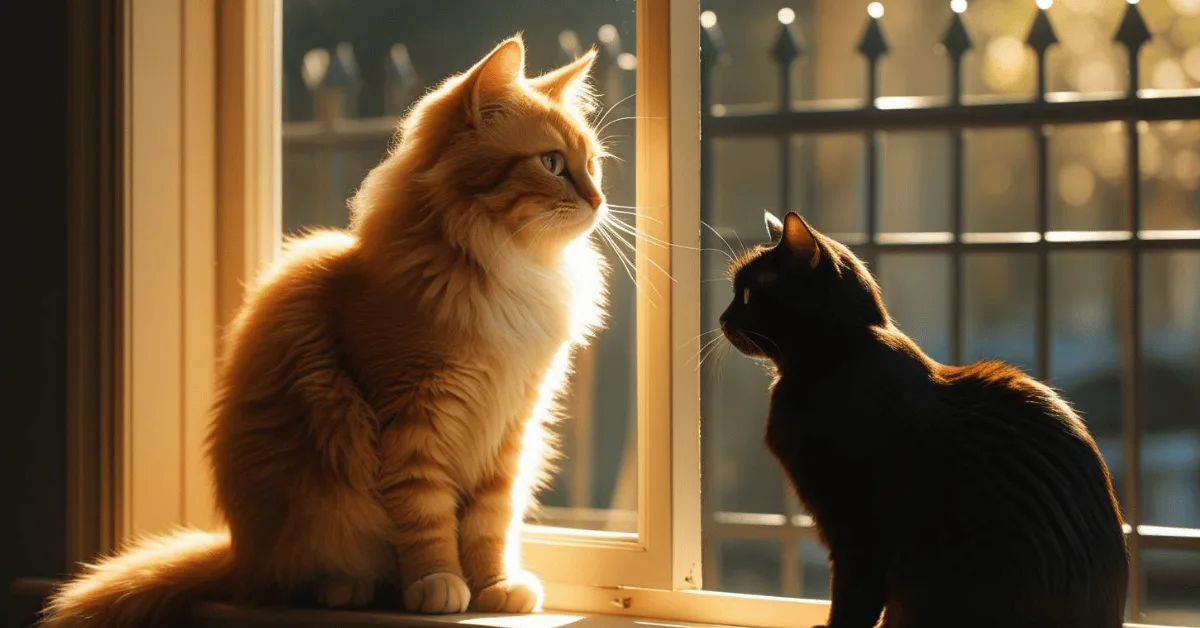Cats often carry the reputation of being independent animals, but that doesn’t mean they don’t crave company. While some felines thrive as the sole pet in a household, others long for a playmate to keep them entertained and emotionally balanced.
Behavioural Clues Your Cat May Be Lonely
Noticing subtle shifts in your cat’s daily routine can reveal whether they might benefit from a companion.
Increased Attention-Seeking
If your cat suddenly becomes clingier—following you from room to room, meowing more often, or pawing at you constantly—it could be a sign they are craving more social interaction than one human alone can provide.
Over-Grooming or Destructive Habits
Lonely cats sometimes resort to stress behaviours like over-grooming, scratching furniture excessively, or knocking objects off tables. These actions are not “bad behaviour” but rather an outlet for unspent energy and emotional frustration.
Social Cues That Point Toward a Companion
Some cats naturally signal they want another feline by how they interact with the world around them.
Playing With Imaginary Friends
Some cats “play” as though another cat is there—stalking, chasing shadows, or carrying toys around like prey. While this is healthy play, it can also indicate they are practicing social behaviours they’d normally use with a feline companion.
Related Posts
- Are Carnations Poisonous to Cats? What Every Cat Owner Should Know
- Do House Cats Need to Be Vaccinated? A Complete Guide
- Are Prayer Plants Toxic to Cats?
- Why Do Cats Meow at Night?
Emotional Indicators of Feline Loneliness

Emotions play a large role in your cat’s well-being. If their emotional needs aren’t met, it may show up in unexpected ways.
Signs of Sadness or Lethargy
A cat who spends more time hiding, sleeping excessively, or showing little interest in play may be struggling with boredom and isolation. A second cat can bring new energy and stimulation to their life.
Extra Vocalization
Persistent meowing, yowling, or crying when you’re away can be your cat’s way of saying they’re lonely.
Practical Considerations Before Adding Another Cat
Before bringing home a second feline, it’s crucial to think about whether your cat is truly ready for the adjustment.
Assessing Your Cat’s Personality
Understanding your cat’s temperament will help determine whether they’ll welcome another cat or feel threatened.
Preparing Your Home for Two Cats
Two litter boxes, multiple scratching posts, and separate feeding stations ensure both cats feel secure and avoid competition.
How to Introduce a New Cat Successfully
Even if your cat shows clear signs of wanting a friend, the introduction process is key to building a harmonious relationship.
Gradual Introduction Strategy
Allow the cats to sniff each other under the door, then gradually introduce face-to-face meetings in short sessions.
Creating Shared Positive Experiences
Reward both cats with treats, playtime, and affection when they’re near each other. Positive reinforcement builds trust and helps them form a bond over time.
When to Hold Off on Getting Another Cat

While companionship can be wonderful, sometimes the timing isn’t right.
Health and Age Differences
If your current cat has health issues, introducing a lively kitten may stress them out. Likewise, an elderly cat may prefer peace and quiet over a new playmate.
Stressful Home Environment
If your household is going through major changes—such as moving, new family members, or renovations—it may be best to wait before introducing another pet.
For further guidance on feline companionship and behaviour, the American Association of Feline Practitioners offers valuable resources to help you make the best decision for your pet’s well-being.
Frequently Asked Questions
How do I know if my cat wants another cat?
Look for behavioural changes such as extra clinginess, excessive vocalization, or destructive habits.
Will my cat get along with a new cat?
It depends on your cat’s personality. Social, playful, and curious cats are more likely to accept a new feline friend, while territorial or anxious cats may prefer being the only pet.
Is it better to get two cats instead of one?
Many experts recommend adopting cats in pairs, especially kittens, since they provide companionship, exercise, and mental stimulation for each other.
Can getting another cat reduce my cat’s loneliness?
Yes, if your cat is naturally social, a second cat can help reduce boredom, provide emotional support, and encourage healthy play.


1 thought on “Do Cats Need Other Cats? Key Signs to Watch For”